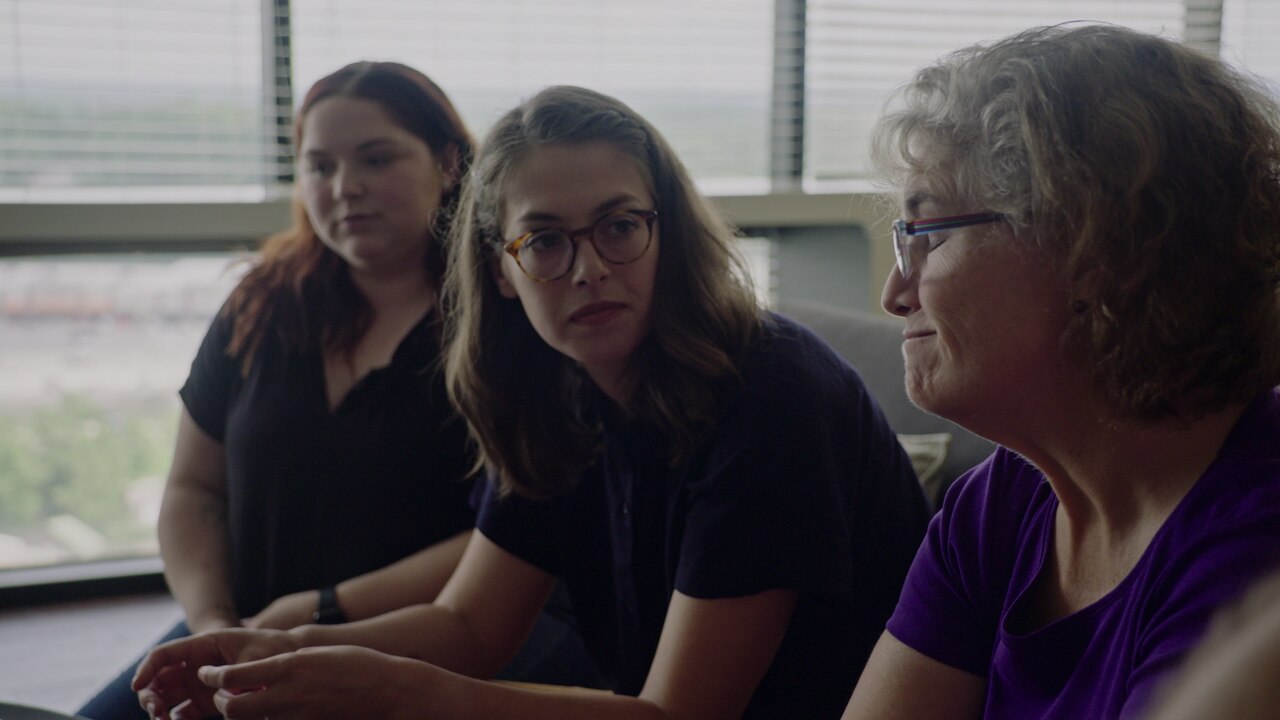Megan Rondini case featured in Netflix film on rape investigations
Tuscaloosa figures prominently in a recently-released Netflix documentary about women who report sexual assault, only to find themselves depicted as criminals by police and media.
The documentary, “Victim/Suspect,” follows journalist Rachel de Leon of the Center for Investigative Reporting. De Leon spends several years exploring cases in which women who allege sexual assault then find themselves aggressively prosecuted by police. She suggests that the men who allegedly raped the women appear to have been given the benefit of the doubt, or not investigated at all.
Two cases involve University of Alabama students. One involves Megan Rondini, a University of Alabama student from Texas who reported in 2015 that she’d been raped. She was charged with filing a false report, left the university and died by suicide months later. Her family reached settlements in wrongful death suits against the university and T.J. Bunn, the man she’d accused.
Tuscaloosa sheriff’s officials and the university president were dismissed from the suit; an attempt by two investigators to sue the BuzzFeed news site for libel over its reporting on the case also was tossed out.
De Leon also explores the case of Emma Mannion, another UA student who in 2016 was charged with filing a false report of rape.
Mannion pleaded guilty but, as detailed in the film, still is seeking to have that conviction overturned, arguing in part that key evidence was mishandled.
The Rondini case in particular has received extensive coverage. In it and others, “Victim/Suspect” features hard-to-watch footage of police interrogations in which women who’ve reported rapes are interrogated, informed they’re being charged with crimes and handcuffed. While media outlets tend not to identify rape victims, such charges often mean survivors are publicly exposed.
For de Leon, the Tuscaloosa cases are the tip of the iceberg.
“I wanted to find out how many people were prosecuted for false reporting,” she says in the film. “But there is essentially no research that has been done about this.”
Rachel de Leon, center, speaks with Emma Mannion, left, whose Tuscaloosa case is featured in the Netflix documentary “Victim/Suspect,” and Mannion’s mother, Lisa Rappa-Mannion, right.Netflix
Her investigation finds around 200 cases nationwide. She raises the possibility that persuading a victim to drop sexual assault charges, even by bringing the threat of prosecution against them, is a way for investigators to wipe thorny, time-consuming cases off their hands.
It’s a suggestion that doesn’t receive a direct rebuttal: No one with the Tuscaloosa County Sheriff’s Office, the Tuscaloosa Police Department or the DA’s office is interviewed in the film. De Leon says she made efforts to reach multiple officials and investigators and is shown repeatedly trying to arrange an interview with Sheriff Ron Abernathy.
In 2018, when Abernathy and two of his investigators were dismissed from a wrongful death suit filed by Rondini’s parents, the sheriff vigorously defended his department’s work.
“After several months of unjust accusations against my office and other Tuscaloosa law enforcement agencies, the truth has indeed finally prevailed,” he said at the time. “This case and the investigation has undergone complete scrutiny, proving beyond any doubt that the accusations previously made against the Sheriff’s Office and our community were completely false.”
“Victim/Suspect” also shows one case in another state in which a woman successfully has her conviction for making a false report overturned, after years of effort.
The film is directed by Nancy Schwartzman. “Victim/Suspect” can be seen on Netflix.
